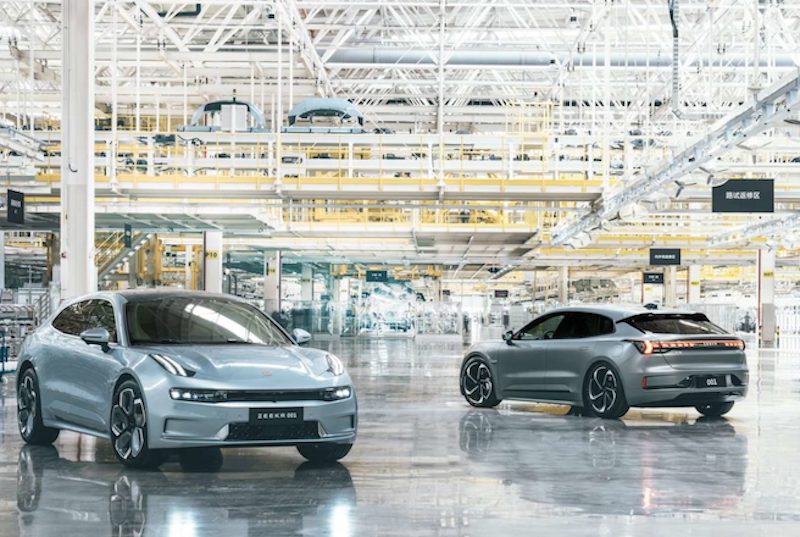Mobileye, Intel Corp’s autonomous driving unit, said it plans to work with Geely Holding-backed Zeekr to launch in China what the companies claim will be the world’s first mostly self-driving car in 2024.
The two companies said at the Consumer Electronics Show in Las Vegas that the car will have what automotive engineers call level 4 autonomy, meaning that it will still have a steering wheel and require a licensed driver but will be able to drive itself in many situations.
It will use six of Mobileye’s EyeQ 5 chips and also employ its road-mapping data.
Chen Qi, former director of Huawei’s autonomous driving department, now leads Zeekr’s self-driving team. Last month, Geely said Zeekr would make electric vehicles for Waymo, Alphabet’s self-driving unit.
Geely, the fast-growing Chinese automaker that owns the Zeekr brand, has recently explored manufacturing cars in South Korea that could be exported to the US duty-free.
Intel Racing to Catch Up
Intel, which is hungry for cash to build chip factories and racing to catch up with rivals like Taiwan Semiconductor Manufacturing Co that have taken away Intel’s lead in making the fastest chips, said last month it plans to spin out a portion of Mobileye in an initial public offering.
Mobileye on Tuesday also said it is deepening its relationship with Ford Motor Co.
The two firms said that Ford will use Mobileye’s road-mapping data system in future versions of Ford’s “BlueCruise” that allows hands-free driving in some situations.
Volkswagen would also start using some Mobileye mapping data products for its driver-assistance features, such as automated lane keeping, the company said.
Mobileye on Tuesday also unveiled the next generation of its flagship computer chip, which is designed to use minimal electricity.
The company said that prototypes of the chip would be ready next year, with automotive production of the chips expected in 2025.
- Reuters with additional editing by George Russell
READ MORE:
SK Hynix Completes First Phase of $9bn Purchase of Intel Unit
Italy Bids to Host $8bn Intel Plant to Boost EU Chip Supply
Geely Warns of Chip Shortage, But Keeps Vehicle Sales Target
























